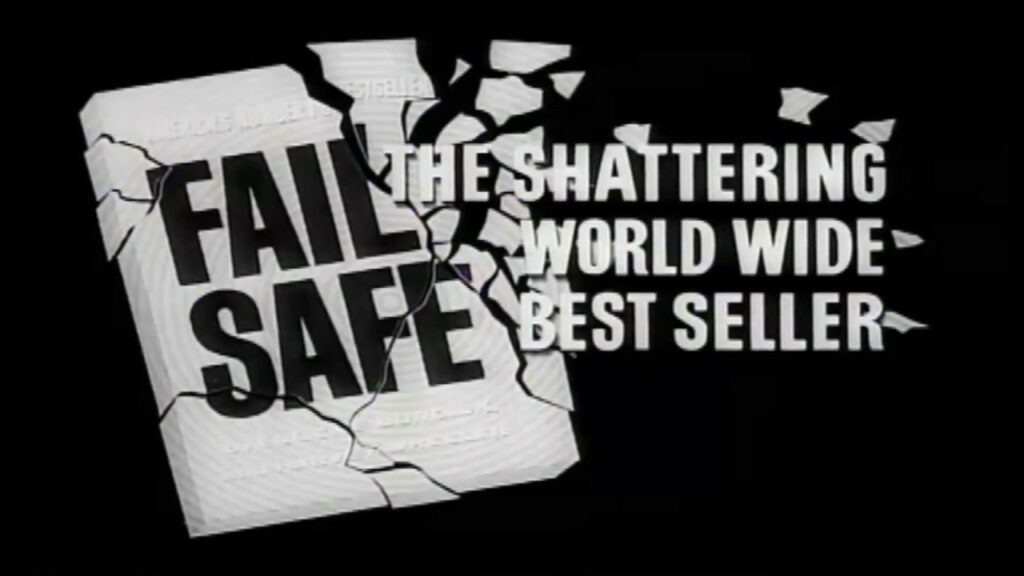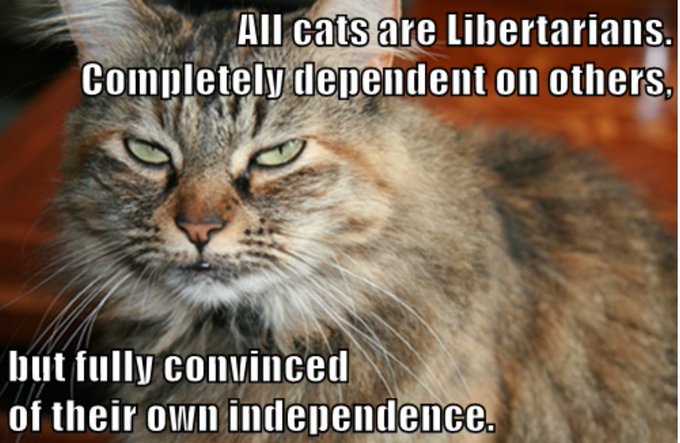Have you noticed how, over the last few decades, many sentences are repeated so often they start to become “common sense”? “You need to love yourself” is one of these, it sounds harmless, kind, even progressive. But this sentence didn’t only reshape how we feel about ourselves – it reshapes how the economy works. This is a story about how “self-esteem” become an engine of #stupidindividualism, that helped produce the explosion of inequality and mess we now live inside.
Today, self-esteem is treated as a universal good. The cure for anxiety, failure, loneliness, precarity. If you’re struggling, the message is simple: look inward. Fix yourself. Believe harder. And that’s the trick, this isn’t about telling people to hate themselves. It’s about noticing that something deeply political has been smuggled into something that looks purely personal.
For most of human history, self-esteem wasn’t a virtue, it was a vice. Across Christianity, Islam, Judaism, Buddhism, Hinduism, pride was seen as dangerous. The seed of arrogance, ignorance, suffering. Fulfilment came from humility, mutual obligation, and limits, not self-celebration. The very idea of “loving yourself” would have sounded morally wrong, not empowering. So how did pride get rebranded as progress?
In part this is a #geekproblem, in an industrialising world obsessed with measurement: output per worker, profit per hour, value per share. Humans were no longer judged by moral contribution, but by performance, self-esteem quietly became an economic variable.
Drum roll – we had the #neoliberal turn – market ideology glorifies selfishness, despises solidarity, and frames empathy as weakness. This mess was used to increase the push for common sense #mainstreaming heroes to be lone geniuses, the media meme helped to drive the invisible destruction of any shared social structures. Then helped to obfuscate when western economies dismantling welfare states, deregulating markets, outsourcing industrial labour and rebranding citizens as entrepreneurs of the self. This was not a coincidence.
With this ideological turn, structural problems were redefined as personal psychological failures. If you’re poor, anxious, unemployed – the problem isn’t the system – it’s your mindset. This become self-esteem as labour discipline. As blue-collar work paths closed and white-collar “service” work expanded, confidence became currency, not skill, care or competence.
To day in the daily grind, work rewards presentation, persuasion, and performance. Self-esteem became professional armour. Bragging outperformed quiet skill. Selling yourself matters more than doing the work. This is where #stupidindividualism hardens:
- Success looks personal
- Failure looks personal
- Solidarity disappears
- Power becomes invisible
Outside the office – consumerism becomes about buying self-worth. Advertising doesn’t sell products. It sells reassurance. A handbag isn’t a bag, a car isn’t transport, a platform isn’t communication. They’re proof that you matter, until the next upgrade. Self-esteem – the kind that depends on validation, status, and visibility – is never satisfied, which makes it incredibly profitable. Self-esteem becomes something you only can rent from the market.
Then we have the rule of the #nastyfew, the #CEO as narcissist-priest. Research shows corporate leadership selects for narcissistic traits: grandiosity, risk-taking, obsession with image, contempt for limits. These “leaders” chase metrics that look like success – stock price, media praise, personal compensation – while hollowing out organisations and communities we need to live and push the change and challenge we need in the era of #climatchaos and social break down. In this mess, confidence replaces accountability, performance replaces reality. Collapse soon follows.
In this mess, the easy to understand #KISS lie is that the quiet violence of the self-esteem ideology tells people to solve systemic harm as only personal feelings. It tells us to love ourselves inside conditions designed to grind us down. This is why self-esteem culture is the drug feeding us precarious work, algorithmic management, influencer economies and endless competition. It makes people blame themselves instead of the structures exploiting them.
What we can do – the #OMN hashtag story names this as #stupidindividualism: Radical inwardness paired with radical powerlessness, emotional self-management instead of collective change, narcissism dressed up as empowerment. That self-esteem like this is divorced from community, becomes a control system.
So, to say again, get off your knees, we don’t need more self-love slogans, we need shared power where native paths are about confidence that does not come from mainstreaming affirmations, rather from shared competence, mutual aid and belonging.
The project we need, the #OMN is not about polishing the self, instead it is a path to rebuild the commons which “self-esteem” was used to dismantle. So please stop worshipping yourself, start standing with others, this is how we compost this mess.









